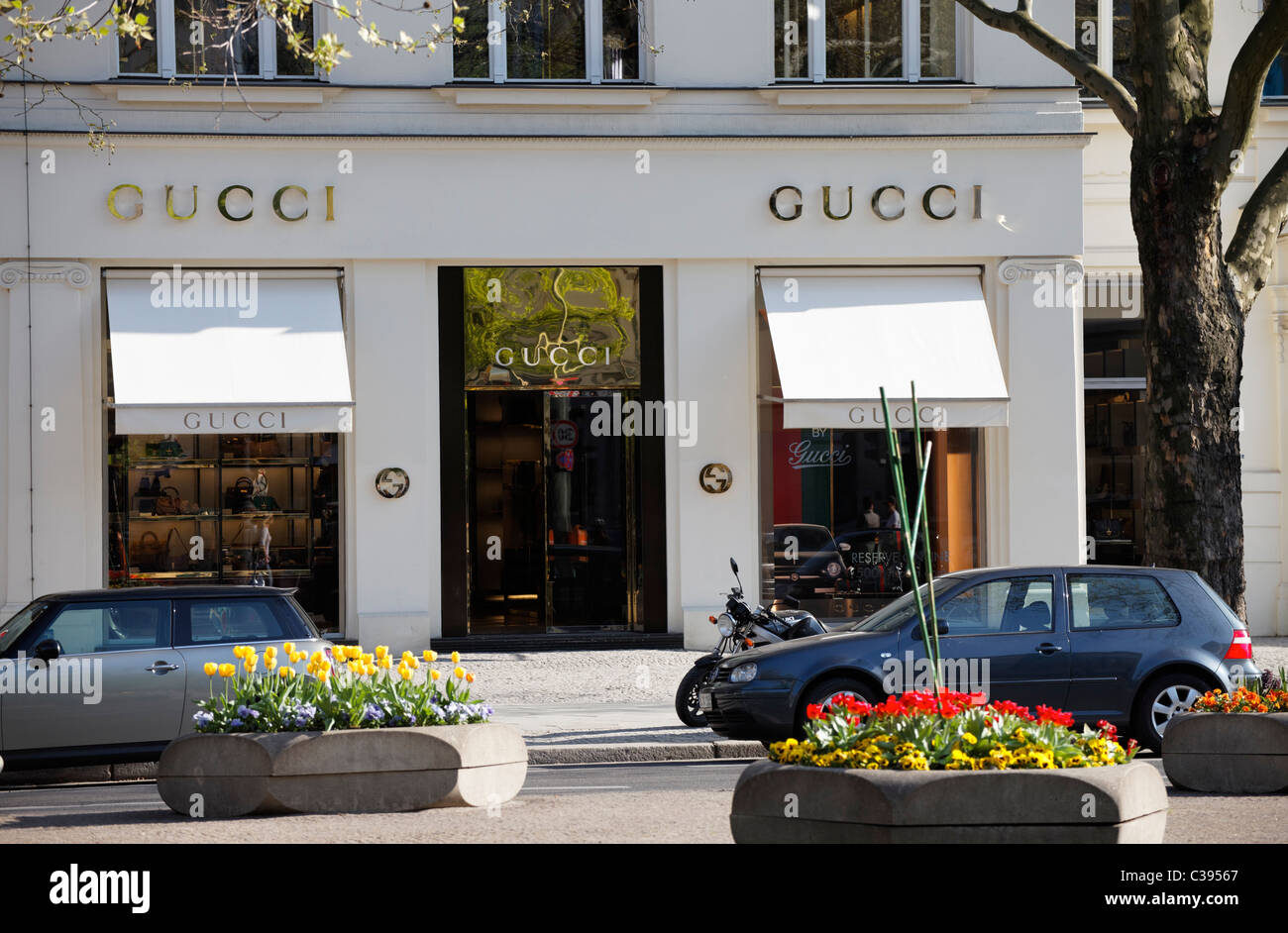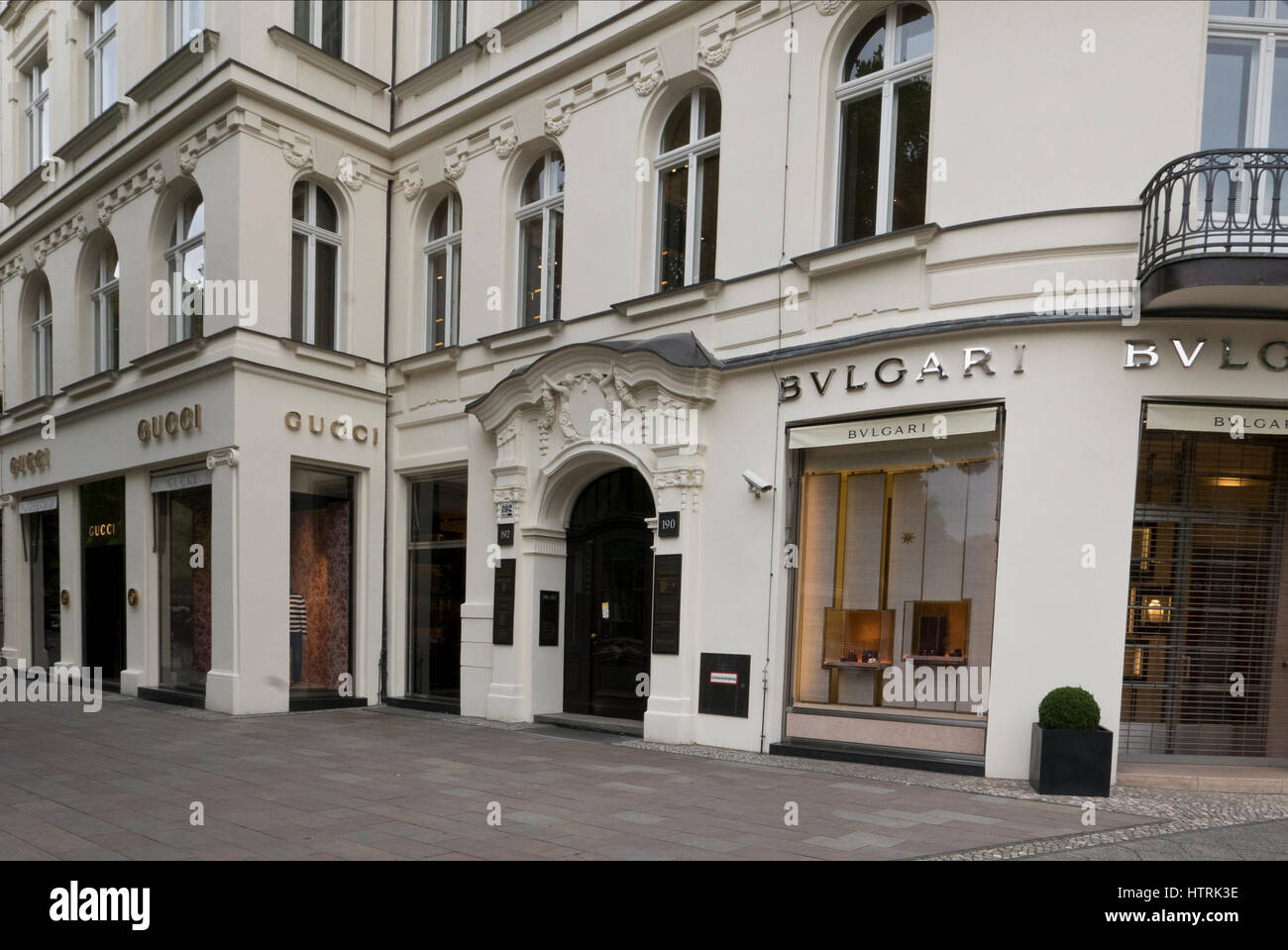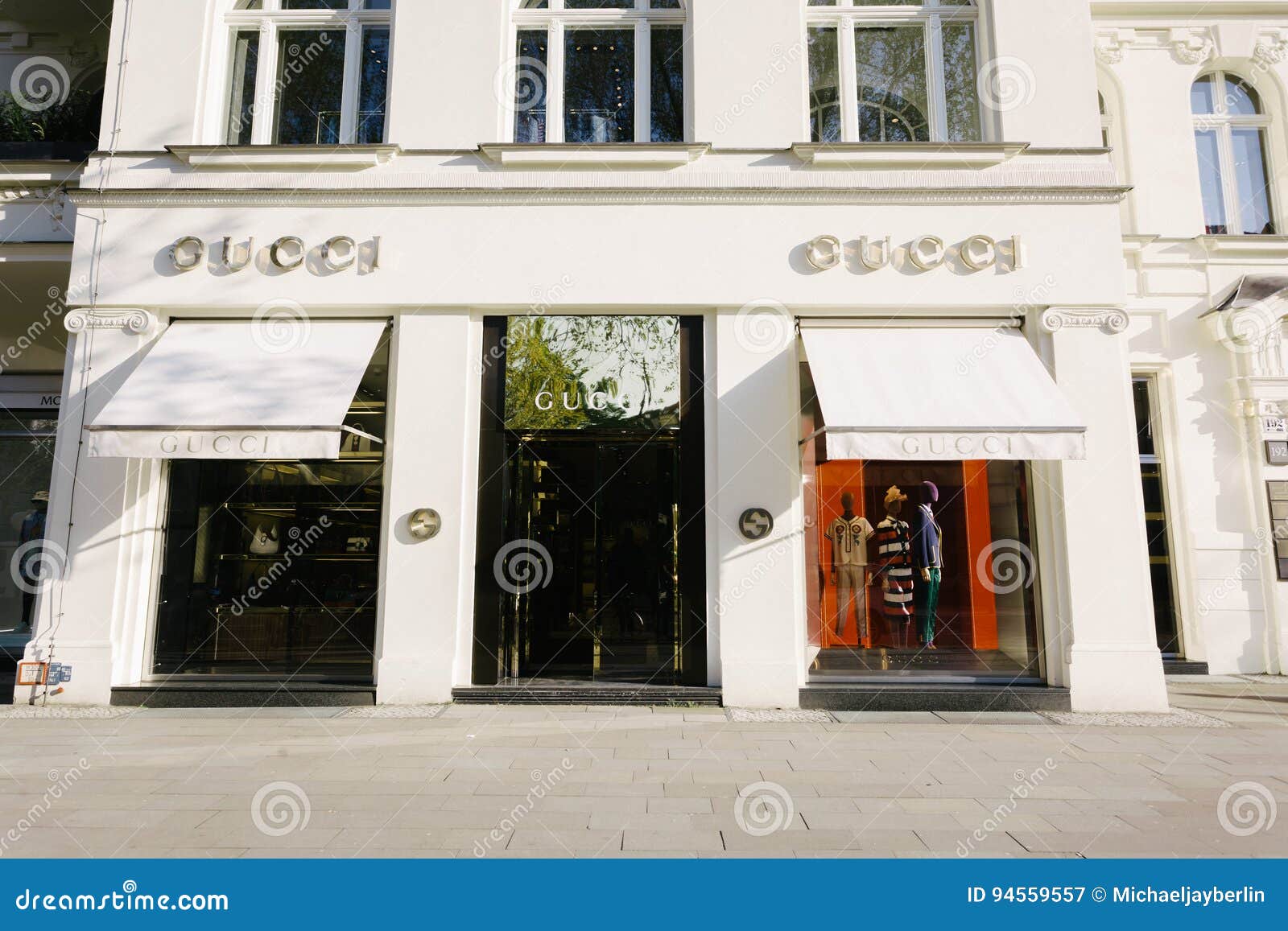
BERLIN, GERMANY - AUGUST 26, 2014: Gucci Store Windows In Berlin... Stock Photo, Picture And Royalty Free Image. Image 38184588.

Gucci x GQ I The Performers – Production Berlin — photo production, video production, event production, location scouting, casting, art buying, art direction

Gucci Boutique At Friedrichstrasse Editorial Photography - Image of trade, friedrichstrasse: 32790817






















